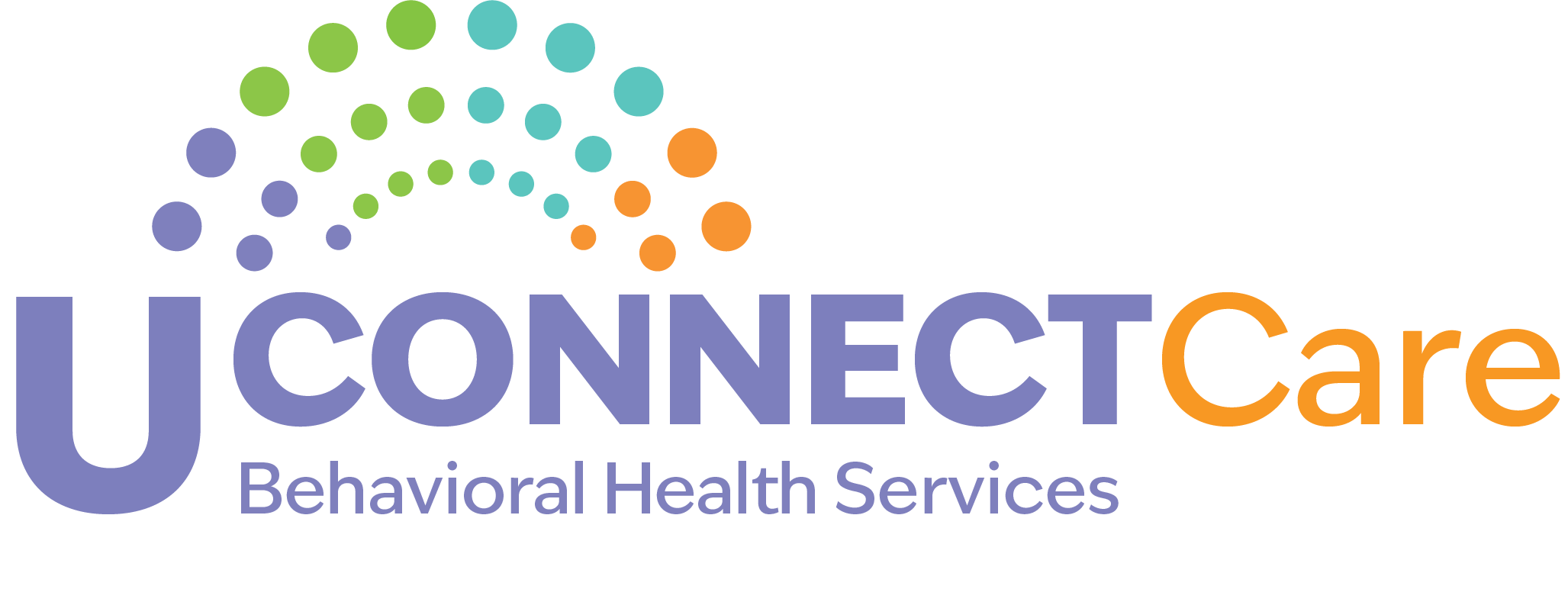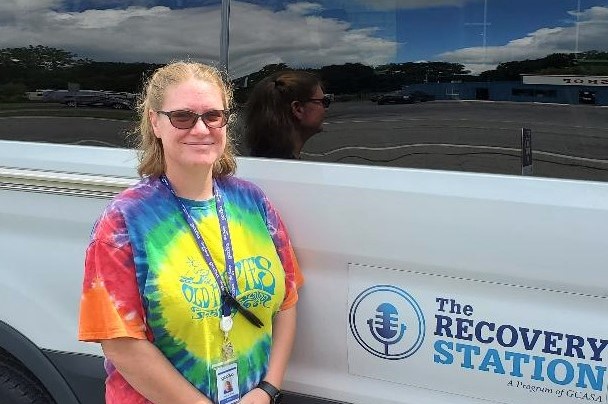By Mike Pettinella
With this two-year grant, UConnectCare literally is in a position to make the “road to recovery” much easier for residents in the tri-county area (Wyoming County is included).
“This award will allow us to build upon what we already do in terms of transporting clients to their appointments by allowing us to add more focus on essential trips for non-medical reasons in addition to coordinating rides to and from counseling and treatment sessions,” said Rosalie Mangino-Crandall, UConnectCare’s director of Project Innovation & Expansion.
Mangino-Crandall said the bulk of the funds will be used toward hiring new drivers and transportation costs. Funds also will enable UConnectCare to establish contracts with cab companies and to market the program to the community.
“One of the requirements is for us to expand transportation services from five to seven days per week, and we’re already in the process of planning for that change,” she noted.
Transportation Coordinator Nickole Millette, an Attica resident who served UConnectCare as a driver for a year before moving into her current position in 2021, said the agency wouldn’t be able to serve its clients effectively without being able to provide rides.
“These people are at different stages of recovery and most of them do not have a car,” she said. “So, it’s crucial that we’re able to fill that need.”
She estimated that her office has set up more than 800 rides since the first of the year – mostly through Medicaid.
Currently, UConnectCare employs a full-time and part-time driver to shuttle clients throughout the city – some to The Recovery Station on Clinton Street Road – with pickup points at DePaul, St. Jerome, UConnectCare and Liberty Square.
“We rely on the taxi companies for trips to Rochester and Buffalo, but we provide service to Albion on Tuesdays and Thursdays,” she said.
Millette said some of the grant money will be used to explore expanding its appointment process or to utilize a different system that clients can access to make an appointment for rides.
“Our goal is to make it as efficient and easy as possible for our patients to get to their appointments, whether it be to the dentist, court, Department of Social Services or to come here (The Recovery Station) for social time,” she said. “I can tell you that the clients – many with no family support — really appreciate the help.”
OASAS Commissioner Chinazo Cunningham emphasized the importance of providing reliable transportation for those seeking services for a substance use disorder.
“This pilot program allows us to work with our providers on the ground to address these issues, and improve transportation services for people in need of further support or resources,” she said in a press release. “For many people who need services, the lack of resources to travel to and from the programs they need has a negative impact on health outcomes. This has been made worse in some cases due to the COVID-19 pandemic.”
Funding awarded under this program must be used for non-medical transportation needs, such as recreational activities likely to increase social connection or emotional well-being, recovery supports, peer interactions, formal or informal mutual support groups such as SMART Recovery and AA or NA meetings, and rides to treatment or harm reduction services or to service providers.
Data and information from this pilot program will help to guide further expansions of transportation services across the state.

